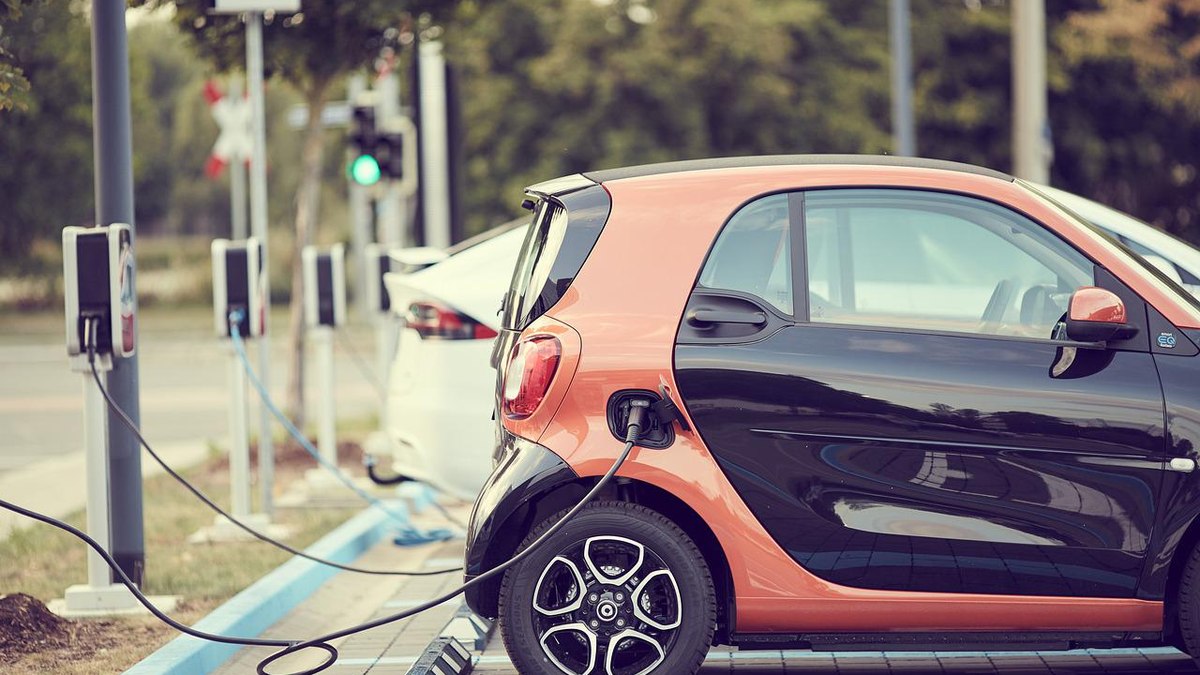
Scenes like this can become increasingly rare
One of the major problems related to electric cars is Battery life and charging time
. Israeli startup electron He seeks to solve this problem by using asphalt to power electrified cars.
Last week the company ran a test for More than 100 hours With Toyota RAV4 plug-in hybrid He adapts and claims to have traveled 1,924.56 km from a distance using electricity only
.
The vehicle in question has a high voltage battery 18.1 kWh
which allows 98 km of autonomy in the urban circuit
According to Toyota.
The test vehicle did not do any conventional refueling or recharging, using only the power-supply highway segments as the only stops to change drivers.
Take a look at our first 24 hours of the 100 Hours Drive
We’re well into our 100-hour milestone, and we’re very excited about what the week has in store. We will post daily updates on our progress and keep you updated on daily happenings. pic.twitter.com/rQjUbA4Dyj
– Electron (Electreon) May 22, 2023
After 100 hours, 241.69 kWh of energy has been transferred from the asphalt to the batteries, i.e. 13 times the total battery capacity
. Toyota declares it essential 2.5 hours for a full charge
so technology has saved more than 32 hours
.
The small battery car selection considered is precisely to demonstrate that the technology can make hybrid models travel long distances without much difficulty and without the use of a combustion engine.
choose one Rav 4 It was also strategic. Electreon has become an official partner of Toyota and the Dense in March. The idea is to develop the system for future Toyota cars, in addition to a conversion kit For older models to use rechargeable methods.
Besides the Toyota
Electreon also has projects to implement these technologies in Sweden, France and Belgium, as well as a $3.4 million contract for the work. electric buses In Germany.
The idea of using highways to recharge electric vehicles is nothing new. In June last year, Stellantis was already conducting tests with this technology in Italy, on a track very similar to that of Electreon.
In the case of the Stellantis system, the power does not pass through the batteries. Coils installed under the asphalt send power directly to the car’s electric motor.

“Coffee trailblazer. Social media ninja. Unapologetic web guru. Friendly music fan. Alcohol fanatic.”
